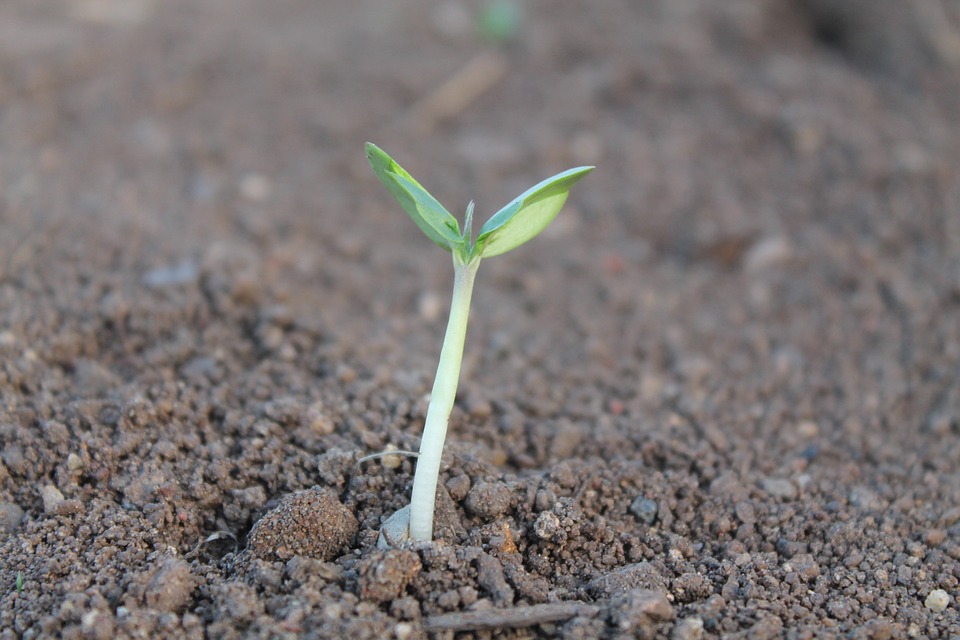Introduction
Healthy soil is the foundation of a successful garden. Whether you are growing vegetables, flowers, or have a lawn, understanding the basics of soil care and maintenance is crucial for achieving vibrant and thriving plants. This article aims to provide you with the essential knowledge to dig deep into your soil and create the ideal environment for plant growth.
The Importance of Soil Health
Soil acts as a reservoir of nutrients, water, and oxygen that plants need to grow. It also houses millions of microorganisms that aid in nutrient cycling and protect plants from diseases. Taking care of your soil ensures that it remains fertile, well-drained, and alive with beneficial organisms, providing the optimal conditions for plant roots to develop and thrive.
Understanding Your Soil
To properly care for your soil, it’s essential to understand its composition and characteristics. Conduct a soil test to determine its pH level, nutrient content, and texture. pH influences nutrient availability, and different plants have specific pH preferences. Nutrient deficiencies or excesses can be addressed through amendments or fertilization. Understanding your soil texture, whether it’s sandy, loamy, or clayey, helps assess drainage and water-holding capacity.
Improving Soil Structure and Fertility
Soil structure refers to the arrangement of mineral particles, organic matter, and pore spaces. A well-structured soil allows roots to penetrate easily, ensures proper water infiltration and drainage, and promotes oxygen exchange. To improve soil structure, incorporate organic matter like compost or well-aged manure into the soil. This enhances soil fertility, provides essential nutrients, improves moisture retention, and enhances microbial activity.
Proper Watering Techniques
Water is essential for plant growth, and understanding proper watering techniques is vital for soil care. Irrigate deeply and infrequently instead of frequent shallow watering. Deep watering encourages plants to develop deep root systems, making them more resilient to drought and reducing the risk of waterlogged soil. Mulching around plants helps regulate soil moisture levels, suppress weed growth, and protect the soil surface from erosion and erosion risks.
Preventing Soil Erosion
Soil erosion is a significant problem that can result in nutrient loss, decreased soil fertility, and the gradual loss of topsoil. To prevent erosion, use erosion control techniques like planting cover crops, applying mulch, creating terraces, or installing erosion control fabrics. These methods help protect soil from wind and water erosion and maintain its structure and health.
FAQs
Q: How often should I perform a soil test?
A: Performing a soil test every 2-3 years is generally recommended to assess nutrient levels, pH, and overall soil health. However, a more frequent soil test may be necessary if you notice specific issues with plant growth or suspect nutrient imbalances.
Q: Is it necessary to amend the soil every year?
A: It is not essential to amend the soil every year unless there are significant deficiencies or imbalances in nutrient availability. Adding compost or organic matter regularly can help maintain soil health and structure over time.
Q: Do I need different soil care techniques for different types of plants?
A: Yes, different plants have varying preferences for soil conditions. Some plants may require well-drained soil with low moisture retention, while others thrive in moist, well-aerated soil. Researching the specific requirements of your plants will help you tailor your soil care practices accordingly.
Q: Can I use chemical fertilizers instead of organic amendments?
A: While chemical fertilizers can provide quick nutrient fixes, they do not contribute to long-term soil health. Organic amendments like compost or well-rotted manure improve soil structure and provide a range of macronutrients and micronutrients. A combination of both organic and chemical fertilizers can be employed depending on the specific needs of your garden.




